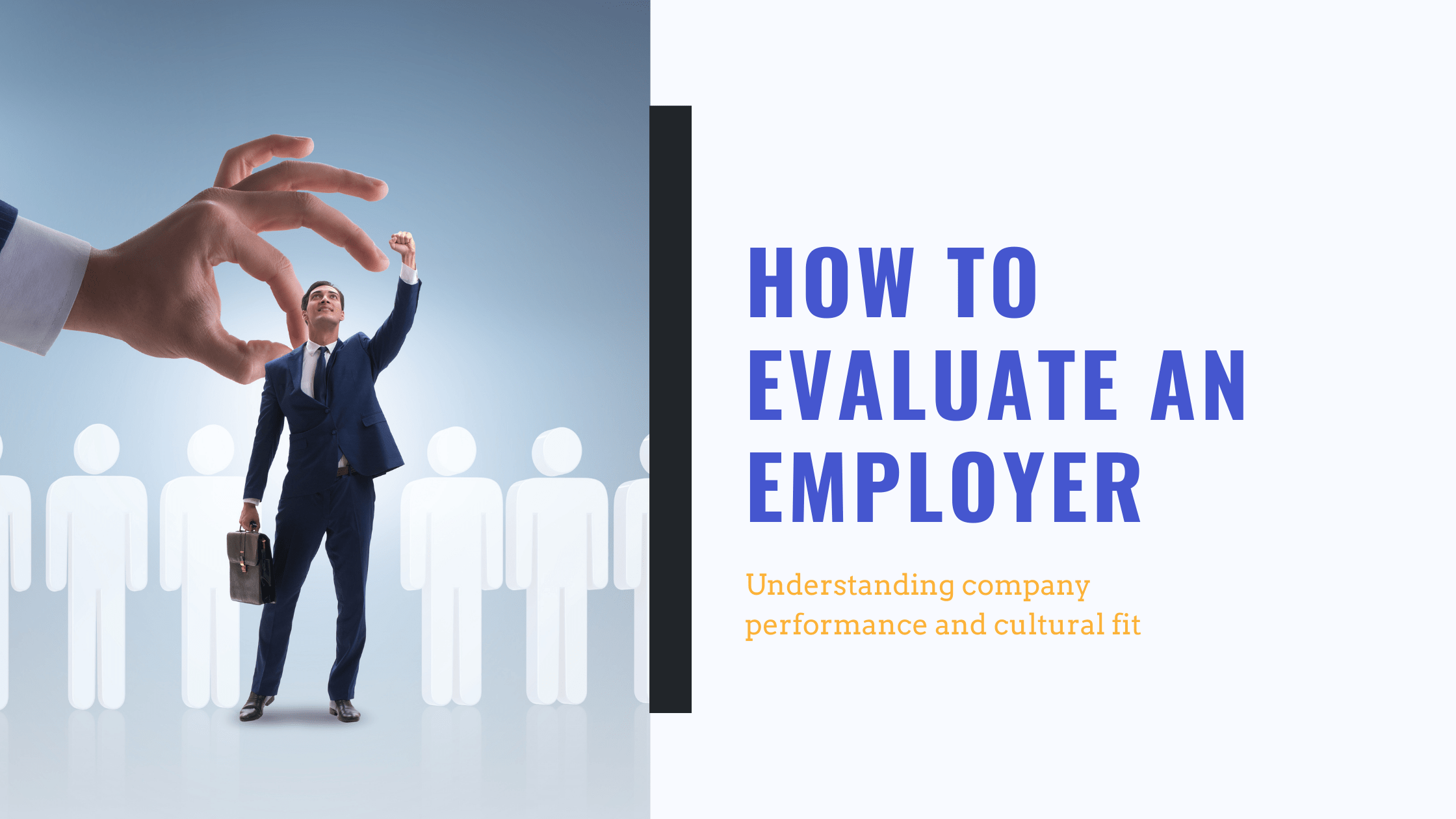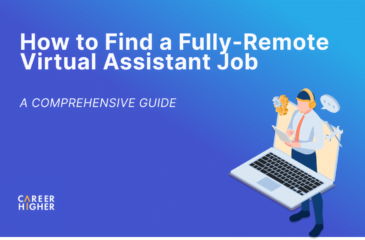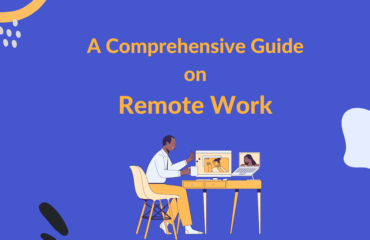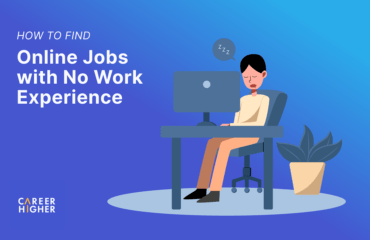Table of Contents
Employers conduct several rounds of assessments to ensure they are hiring the best person for the job, so why shouldn’t candidates do the same? Many times, job seekers accept a position without thinking much about the culture, environment, and people in the new setting. While this approach may seem fine, it has repercussions.
A good way to keep yourself from ending up in the wrong job is to check for compatibility with your target employer. This means confirming that the company’s culture, values, ethics, vision, products, and services align with your own goals and ideals. Below, we’ve listed a few characteristics to compare so you’ll understand how to evaluate employers successfully.
In 2019, about 91% of U.S. businesses were actively using social media for marketing. Consequently, candidates can find an abundance of information about companies on their social media handles. Social media platforms such as LinkedIn, Instagram, Facebook, and Twitter offer a wealth of insight into the work environment and day-to-day operations of companies.
For example, by viewing the Instagram page for Netflix, you will instantly notice its inclusive, diverse, and team-oriented culture. A look at Google’s Facebook page will help you understand whether or not it’s a company you’d want to work for. Similarly, companies’ LinkedIn and Twitter pages tell us a lot about their achievements, key people, management style, and work environment. Therefore, it’s imperative to explore the social media accounts of your target companies to ensure a perfect fit.
2. Read employee reviews
In our fast-paced lives, reviews have become a valuable source of information. They influence our everyday decisions, such as watching a movie or ordering from a restaurant. Companies like Glassdoor, Indeed, and Vault provide a similar service to job seekers. Based on the experiences of previous and current employees, you can make smart decisions about which companies to apply to. Employee reviews affect your decision to accept a job offer. As a result, we strongly recommend reading employee reviews before applying to learn more about the following:
- Work environment
- Leadership style
- Work-life balance
- Support from management
- Hierarchy and its impact
- Company politics
3. Connect with previous or current employees
While reading reviews does not give you an opportunity to ask specific questions, connecting with your target company’s employees on LinkedIn will ensure a two-way conversation. You can gain answers to your questions, understand how things work in the organization, learn about the attitude and mindset of the people, and determine whether there are professional and personal opportunities to grow within the company.
The way these contacts respond to your request and acknowledge your questions will also reveal much about the work environment and culture. Speaking to professionals from your target department might give you a glimpse into the day-to-day functions and project management. Further, you may even enjoy other professional networking benefits, such as, strengthening your professional network and receiving a referral for your target job.
4. Ask questions in your interview
Asking relevant questions directly to employers about their organization is perhaps the best way to learn about them. Most employers welcome questions and are happy to provide clear and direct answers. The what and how of these answers will serve as indicators, helping you determine whether you want to work for them or not. You can ask for culture-related details, such as specifics about the work environment, how the company celebrates success with employees, what growth opportunities are available to employees, or how they ensure employee well-being. Asking questions in an interview not only eliminates your doubts but also creates a good impression on your interviewers. It makes you look interested and eager to know and work with them. Some of the most popular questions asked include:
- What activities do you offer employees?
- Are there opportunities for personal and professional growth?
- How does the company give back to society?
- Does the company offer a hybrid model of working?
- What does the performance review process look like here?
- Can you tell me about the team I’ll be working with?
- Do you expect to hire more members for this team in the next couple of months?
- Which other departments work most closely with this one?
- Are there any events held in coordination with other companies?
- What are the next steps in the recruitment process?
5. Use resources to assess the company
The current and future position of any company is a good indicator of its long-term potential. It can be assessed by its finances, strategic planning, and products & services they offer. To understand more about their strategic planning and products & services, we suggest going through their events, in the news, and blog sections on their website. These will give you a better idea of the updates in the company that may impact your time, growth, and productivity there.
To have a better understanding of the financial position of your target companies, we suggest looking at websites, like Yahoo Finance, Bloomberg, and S&P Global. You’ll find them useful for evaluating a company’s growth over the years, the regularity of cash flows and salary payments, employee benefits such as bonuses and pensions, and any financial defaults. These factors determine how financially capable an employer is.
It is essential to know the financial capability of your employer to judge their capacity to pay you, provide the promised benefits, and fulfill your requirements. You wouldn’t want to join a company that goes bankrupt immediately afterward, which will damage your career and well-being. In fact, procuring company financial data will help you frame good questions to ask, increasing your chances of securing positive interview outcomes. It may also give you a competitive edge as many other candidates won’t be concerned with the financial facts.
Questions to ask yourself while evaluating an employer
In this section, let’s have a look at some questions to better understand your needs, preferences, and interests. Let’s see below.
- How much autonomy do you prefer?
- Do you like to work in teams or individually?
- What monetary and non-monetary benefits are important to you?
- What kind of work culture do you prefer?
- What location/s would you be comfortable working in?
- What amount of traveling would you prefer in your next role?
- Would you like to work a day shift or a night shift?
- What organization size would you like to work in?
Evaluating an employer is crucial. It sheds light on aspects of your potential job that may not sound important but will definitely affect your performance and productivity. The internet has made resources for learning about prospective employers easily accessible, and using them optimally will empower you to make sound decisions.











